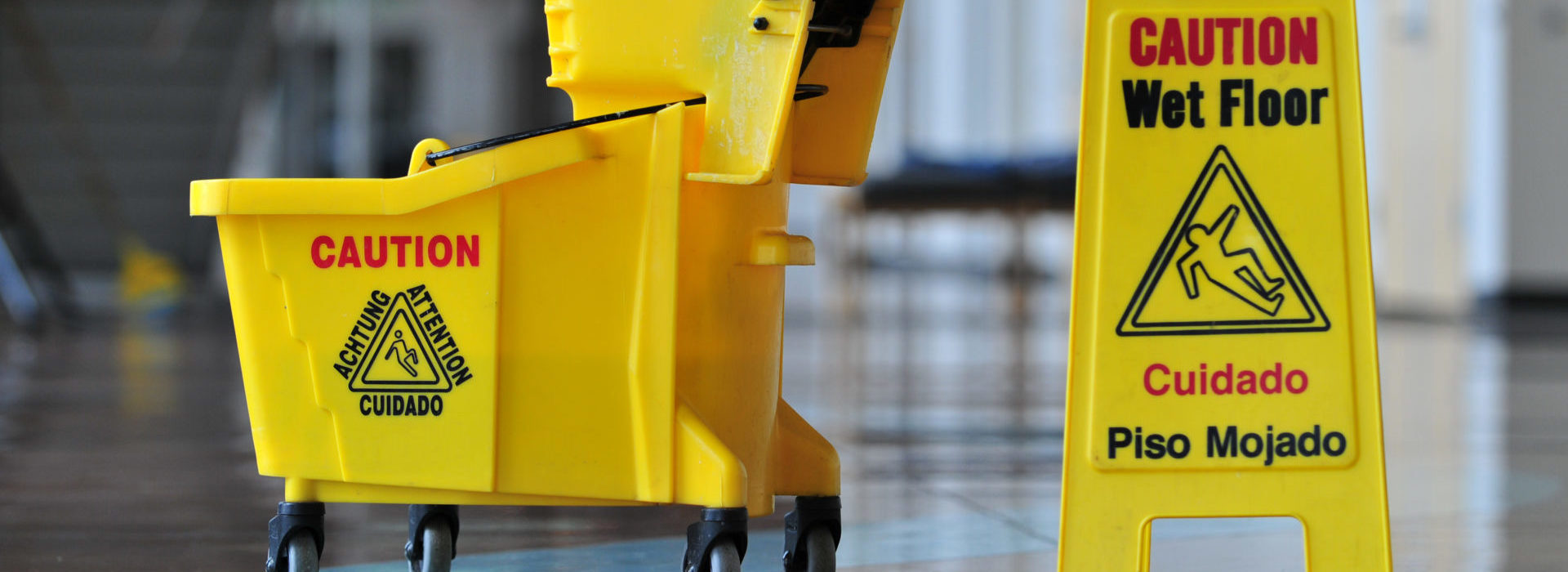Slip and Fall Accidents
Premises liability is the legal concept that allows an individual to file a claim against a property owner for injuries they sustain as a result of the property owner’s negligence. Establishing liability in a slip and fall accident case can be challenging, as the burden of proof falls upon the injured party. Fortunately, an experienced slip and fall lawyer will have the knowledge and the resources to determine the exact cause of the slip and fall or trip and fall accident and then hold the responsible party accountable.
To hold a property owner responsible for injuries after a slip and fall accident, one of the following must be true:
- The owner or an employee caused the slippery or treacherous surface
- The owner or an employee knew about the dangerous surface, but failed to correct the issue or provide proper warning of the potential hazard
- The owner or an employee should have known of the danger because a reasonable person in their position would have discovered it and remedied the situation.
Common Issues that Arise in a Slip and Fall Case
- Determining the cause of the slippery floor – If you are involved in a slip and fall accident, try to discover why the floor was slippery prior to leaving the premises after your accident. Not knowing the cause of your accident can make you appear less credible, and can have a negative impact on your case. As soon as you fall, look for clues as to the cause and take notes as soon as you can after the accident. Common causes of slippery surfaces include water, ice, snow, grease, oil, a slippery object such as food debris, or floor polish (floor wax).
- How long the hazard existed – The longer a floor remains slippery, the easier it is to prove that the premises owner or their agent knew or should have known about the hazard. For example, if you are in a store, and someone spills a bottle of water, and you slip immediately afterwards, the store will likely not be held liable, because they would not have had as reasonable amount of time to identify and clean up the spill.
- Warning signs – Some slippery conditions, such as a freshly waxed floor, are unavoidable. If a store puts up a warning or cordons off the area, they are less likely to be held liable—although in some cases, a warning is not sufficient and the premises owner may still be held liable.
What If You Contributed to Your Accident?
In some cases, a person might contribute to their own injury. For example, if you were walking in an area that was blocked off by the storeowner, you likely will not be able to recover for your injuries. In such cases, a court may reduce your potential award, or deny it altogether, depending on the facts specific to your case.
If you slip and fall in a person’s home, his or her homeowner’s insurance will generally cover your injury-related expenses. However, in some instances, the owner may not have homeowners’ insurance. We can help you determine the best way to recover for your injuries.
Delaware County Personal Injury Lawyers at Eckell Sparks Seek Compensation for Victims of Slip and Fall Accidents
If you have been hurt in a slip and fall accident, you should contact one our trusted Delaware County slip and fall lawyers as soon as possible. Statutes of limitations affect the duration for which an injured victim can file a lawsuit. It is critical to act quickly. Let the trusted lawyers at Eckell, Sparks, Levy, Auerbach, Monte, Sloane, Matthews & Auslander, P.C. review your claim today. Call us at 610-565-3701 or contact us online for a free consultation.
